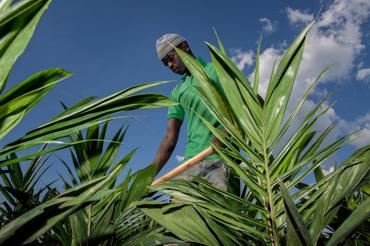“What is ideal is to have proportionate, limited, statutory regulation and proper self-regulation,” thematic mentor and international expert Joan Barata says. “With a proper self-regulatory system, the state will have fewer reasons to intervene.” He also says a tactic used by some states would be to discredit media practitioners by claiming they cannot do their jobs properly. “The idea is to promote the exercise of self-regulation, to define the rules of the profession, its ethical standards, and to promote and enforce them.”
Apart from receiving training and exposure to media practices in Sweden, participants are tasked with creating concrete, long-lasting outputs known as “change initiatives” that can take the form of local training programmes, forums, press councils and many others. Such initiatives will depend on the cohorts and what they perceive to be the needs of the media in their country – all while working within the limits of its context.
















